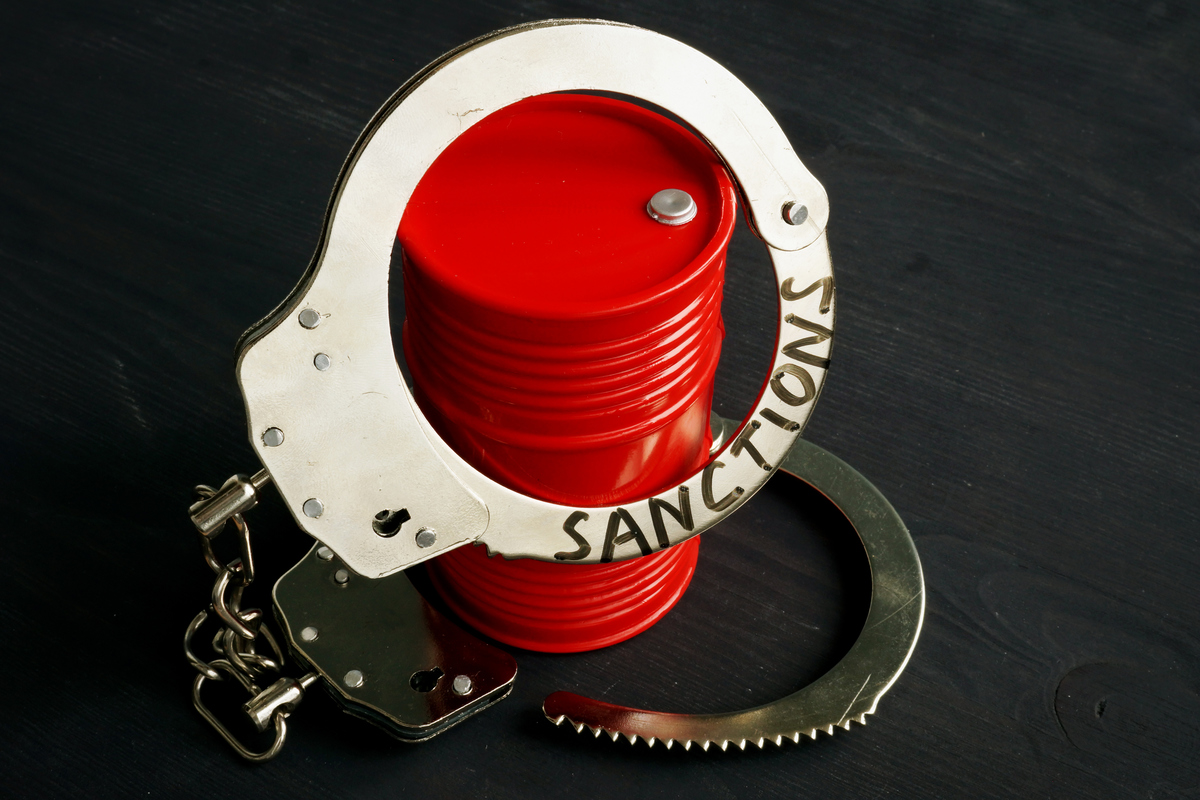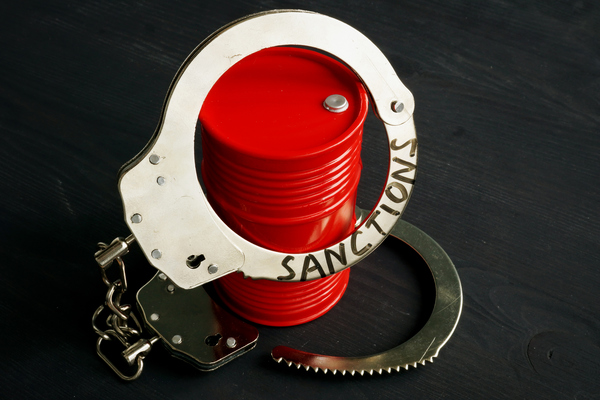Swedish Dockworkers Union to block Russian vessels and cargo in ports
The Swedish Dockworkers Union (SDU) has notified Ports of Sweden that its workers will not handle any vessels or cargo from or to Russia in any Swedish ports.
 PHOTO: Entrance to Gothenburg, Sweden. Island of Hisingen to the left. Getty Images
PHOTO: Entrance to Gothenburg, Sweden. Island of Hisingen to the left. Getty Images
Swedish dockworkers say they have taken matters into their own hands in the absence of any EU-wide sanctions on Russian energy, a critical source of Russian income.
They will stop handling Russian vessels and cargo out of solidarity with Ukraine's "suffering working class" and civil society during the Putin regime's bombing, occupation and deadly siege of Ukraine, the union announced last Thursday.
“'Business as usual' is no longer possible, we have waited for effective sanctions from the state or the EU blocking Swedish ports for Russian interests at this point, but time has run out,” SDU national chairman Martin Berg said.
The blockade will enter into force at 11.00 local time (10.00 GMT) on 28 March.
The union says the blockade will cover all loading and unloading activities, towing and mooring or any related preparation works of Russian vessels or vessels handling Russian cargo in Swedish ports.
Earlier this month, SDU wrote a letter to Sweden’s Ministry of Infrastructure, urging the government to ban access of Russian vessels and entities to Swedish ports.
The union has repeatedly expressed unwillingness to provide services to Russian vessels and cargo due to the ongoing war in Ukraine, but there has been no response from the Swedish government, says SDU.
Ukraine’s President Volodymyr Zelenskyy on Friday expressed his gratitude for the stance taken by the union.
Swedish refineries rely on some Russian imports
According to cargo tracker Vortexa, Russia (10%) has been Sweden's second-biggest source of oil imports so far this year, with the vast majority coming from Norway (52%).
Sweden mostly imports Russian crude oil, condensate and VGO to feed its refineries, but also some fuel oil, jet fuel/kerosene and naphtha.
The port of Brofjorden (76%) and Preem's adjacent Lysekil refinery take the biggest share of these Russian oil and products imports, followed by Nynashamn (11%) where Nynas has a refinery.
When it comes to fuel oil, Russia (85%) is Sweden's biggest import source by far, but it also takes fuel oil from Norway (11%) and Finland (4%). These imports supplement fuel oil produced as a by-product at Swedish refineries.
Sweden does not rely on Russia for any gasoil imports, with no volumes coming from Russia this year, and only negligent gasoil volumes in 2021.






